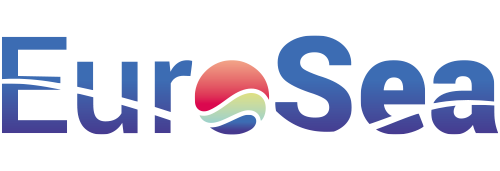
Description
Overfishing and mismanagement of marine resources are major concerns on a global scale. Traditional stock assessment methods often require vast amounts of data, which is not always available, especially for less-studied species or in regions with limited monitoring capabilities. The introduction of data-limited stock assessment methods, coupled with the usage of comprehensive datasets like CMEMS, provides a way forward for sustainable fisheries management even when detailed biological data is lacking.
Impact During the Project
Enhanced Decision-making Capability:
Traditional State: Fisheries scientists often had to rely on incomplete or fragmented datasets, leading to potential inaccuracies in stock assessments and suboptimal management decisions.
Advancement: With training in data-limited stock assessment methods and CMEMS data, scientists can make more informed decisions even in the absence of extensive biological datasets, ensuring more accurate and timely responses to changing stock dynamics.
Optimized Resource Management:
Traditional State: Over-reliance on detailed biological data might result in certain fish stocks being overexploited due to gaps in data or outdated information.
Advancement: Using data-limited stock assessment methods enables a broader range of fish stocks to be monitored and managed, even those for which comprehensive data is lacking, ensuring sustainable utilization of marine resources.
Impact Post Project
Sustainable Fisheries:
Traditional State: In the absence of robust stock assessment capabilities, there’s a risk of unsustainable fisheries practices, leading to stock depletion, ecosystem imbalances, and socioeconomic challenges.
Advancement: Training fisheries scientists in advanced methods ensures that marine resources are exploited sustainably, ensuring the long-term viability of fisheries, safeguarding marine biodiversity, and supporting the livelihoods of millions dependent on the industry.
Informed Policy-making:
Traditional State: Fisheries policies might have historically been based on limited or outdated data, potentially resulting in either overly restrictive or overly permissive regulations.
Advancement: Armed with advanced assessment techniques and the vast datasets from CMEMS, fisheries scientists can provide policymakers with more accurate and timely information, leading to better, more adaptive regulations that balance both ecological and socioeconomic considerations.
Advancement over and above State of the Art
The transition from solely relying on data-intensive stock assessment methods to embracing data-limited techniques, augmented with CMEMS data, signifies a critical step forward in fisheries management. By training fisheries scientists in these cutting-edge methods, the initiative empowers them to lead the charge in sustainable fisheries management, even in situations where traditional data sources might be lacking or insufficient. The broader implications of this training include not just sustainable marine resource management but also more adaptive, informed policy-making that ensures the long-term health of marine ecosystems and the communities that rely on them.
Links and References
NA
